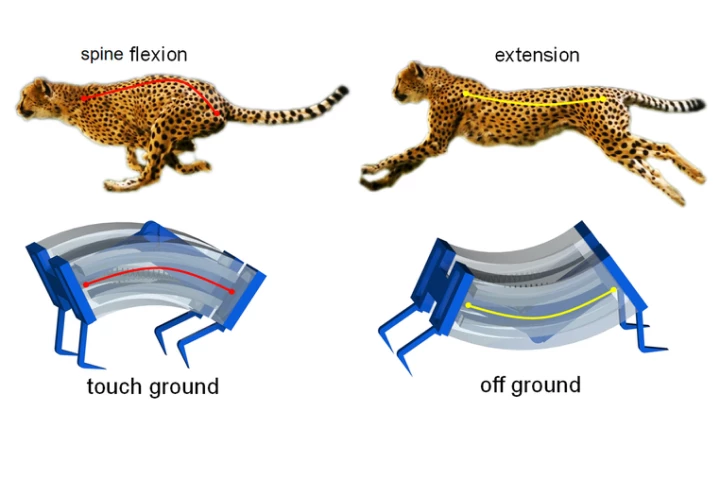Temple University
-
When we think of soft-bodied robots, we tend to picture things that slowly crawl like caterpillars. A new one is able to move much quicker, though, by leaping like a cheetah.
-
Axons, the long nerve fibers that pass signals between neurons, can't regenerate after injury. But now researchers have found that boosting a certain protein helps patch up axons, returning more movement and feeling to mice with spinal cord injuries.
-
“Use it or lose it” applies to muscles, but unfortunately so does “don’t use it too much or lose it.” Now, researchers at Temple University have tested a drug that appears to reverse muscle damage from overuse injuries in rats.
-
A permanent cure for HIV has remained elusive. But scientists have now made a significant breakthrough in this area, using the CRISPR-Cas9 gene editing tool to entirely remove the virus from the genomes of living animals for the first time ever.
-
Microorganisms are becoming resistant to drugs, hurtling us towards a terrifying future where once-easily-treated infections become potentially life-threatening again. Now researchers have tested an alternative to antibiotics, using existing drugs to starve a fungal infection of vital nutrients.
-
Canola is generally considered a healthy oil thanks to its ability to lower the risk of heart disease. A new study, though, has shown that the vegetable-based fat increases substances in the brain that can lead to Alzheimer's disease.
-
Last year, a proof-of-concept study described how the CRISPR-Cas9 gene-editing tool could be used to eliminate HIV from infected cells. In a potential step towards a permanent cure, the team has shown that the technique keeps the virus from spreading, and in latent cases, rips it from its hideout.
-
A team from the Lewis Katz School of Medicine at Temple University has successfully tested a gene editing system, demonstrating its ability to eliminate the HIV-1 virus from DNA in human cells grown in culture.
-
Snøhetta and Stantec have unveiled their design for Philadelphia University's Temple Library. Inspired by ancient Greek academies and featuring a green roof, it looks set to be a real looker.
-
Researchers from the Temple University School of Medicine (TUSM) have conducted a study involving the use of communications modules secreted by stem cells to help limit the damage caused by a heart attack. The team performed tests on mice, with extremely promising results.
-
It's a simple fact that the more fluid an oil is, the easier it is to pump. That's why Temple University's Prof. Rongjia Tao has developed a device that reduces the viscosity of crude oil by electrifying it.
-
Researchers from Temple University School of Medicine have discovered how to permanently extricate HIV-1 from human cells, possibly avoiding the need for lifelong drug treatment. Though in its very early stages, this may prove to be a critical step in permanently defeating the disease.
Load More











